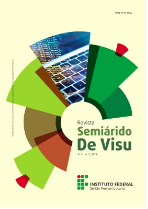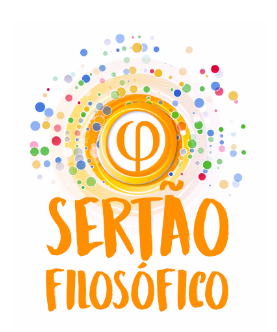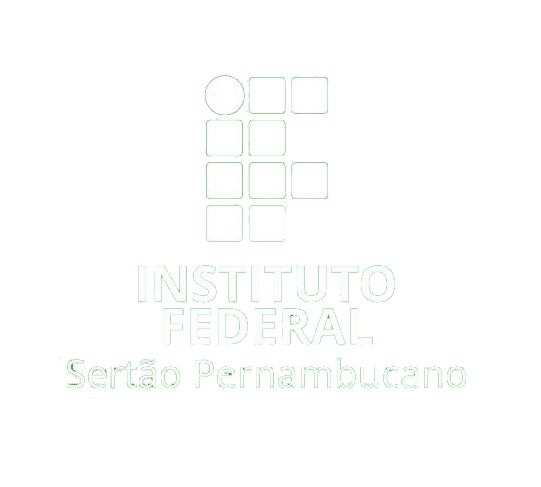Nonviolent Communication:
An account of a Didactic Sequence Applied in the Pedagogical Residency Program
DOI:
https://doi.org/10.31416/cacto.v3i2.743Keywords:
Learning, Socio-emotional competencies, Pedagogical residency, Pedagogical practiceAbstract
The Pedagogical Residency is a program by the Coordination for the Improvement of Higher Education Personnel (CAPES) that provides opportunities for initial teacher training through the practical experience of pedagogical work in everyday school life. This program is of great importance as it allows undergraduate students to develop theoretical and practical teaching skills. In this regard, this text aims to present, in the form of an experiential report, the activities carried out during the Pedagogical Residency in a municipal school in Petrolina-PE, Brazil, during Module I, which took place from December 2022 to April 2023 with a 3rd-grade class in elementary school, including students facing social, emotional, and economic vulnerabilities. During this period, activities such as classroom observation, teaching practice, and the implementation of an intervention project based on the "Nonviolent Communication" technique were conducted with the purpose of developing socio-emotional skills in the students. The ideas of Vygotsky (1989), Larossa (2002), Rosenberg (2006), Rousseau (1979) and other renowned authors were used as theoretical foundations for the intervention. Through data collection and the implementation of intervention activities, it was observed that despite efforts to implement curricula aimed at developing socio-emotional competencies, the Covid-19 pandemic has left significant gaps in the education of children who have had to undergo the process of social isolation.
References
ABED, Anita Lilian Zuppo. O desenvolvimento das habilidades socioemocionais como caminho para a aprendizagem e o sucesso escolar de alunos da educação básica. São Paulo: 2014.
BRASIL. Educação é a base. Competências socioemocionais como fator de proteção à saúde mental e ao bullying. 2019. Disponível em: http://basenacionalcomum.mec.gov.br/. Acesso em 04 de abril de 2023.
BRETON, H.; ALVES, C. A. A narração da experiência vivida face ao “problema difícil” da experiência: entre memória passiva e historicidade. Revista Práxis Educacional, Vitória da Conquista, v.17, n. 44, p. 1-14, jan./mar., 2021. Disponível em: Disponível em: https://periodicos2.uesb.br/index.php/praxis/article/view/8013/5526. Acesso em: 01 de set. de 2022.
DEMO, Pedro. Pesquisa: Princípio científico e educativo. 14a ed. Cortez. São Paulo. 2011.
LARROSA, Jorge Bondía. Notas sobre a experiência e o saber de experiência. Universidade de Barcelona. Tradução: João Wanderley Geraldi. Universidade Estadual de Campinas. 2002. Disponível em: https://www.scielo.br . Acesso em 09 de maio de 2023.
PIMENTA, Selma Garrido e LIMA, Maria Socorro Lucena. Estágio e docência: diferentes concepções. Revista Poíesis , v. 3, Números 3 e 4, p.5-24, 2005/2006. Disponível em: https://www.revistas.ufg.br/poiesis/article/view/10542/7012 Acesso em 18 de abril de 2023
ROUSSEAU, Jean Jacques. Emílio ou da educação. Tradução de Sérgio Milliet. 3° ed. Difel, Difusão editorial S. A. Editions Garnier Frère, Paris. São Paulo-Rio de Janeiro 1979.
ROSENBERG, Marshall B. Comunicação Não-Violenta: técnicas para aprimorar relacionamentos pessoais e profissionais. Editora Ágora, 1ª edição. 2006.
TARDIF, Maurice. Saberes docentes e formação profissional. Petrópolis: Vozes, 2002. Disponível em: https://www.scielo.br/j/rbedu/a/kZwPLnkwb7yJS9hJwdFfLDf/, acesso em 23 de abril de 2023.
VYGOTSKY, LEV S. A formação social da mente: o desenvolvimento dos processos psicológicos superiores. 3ª.ed. São Paulo: Martins Fontes, 1989.














